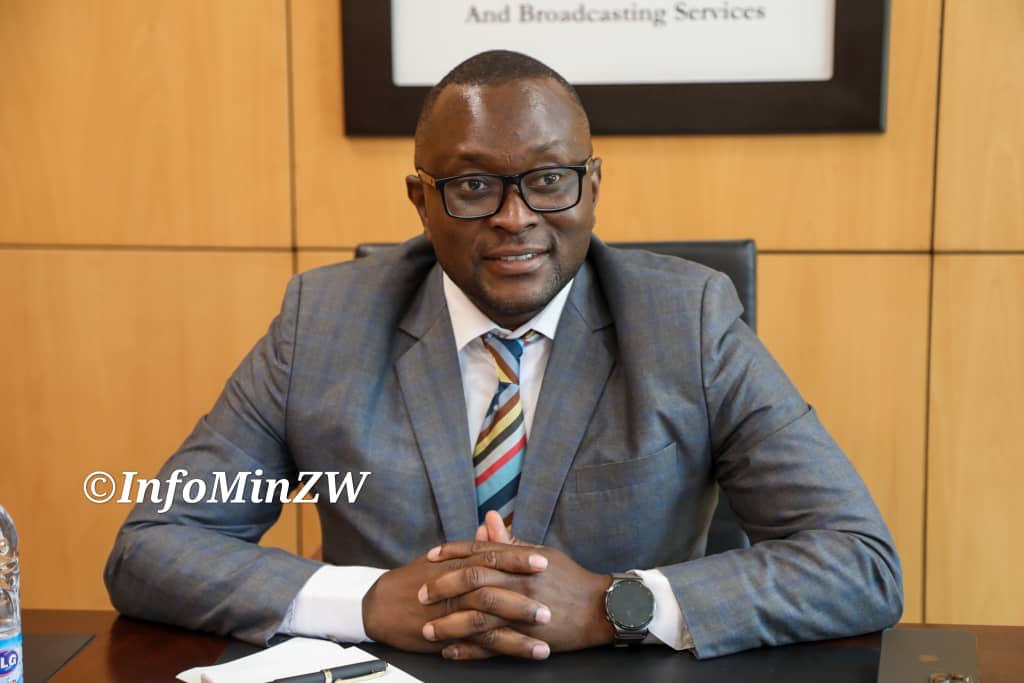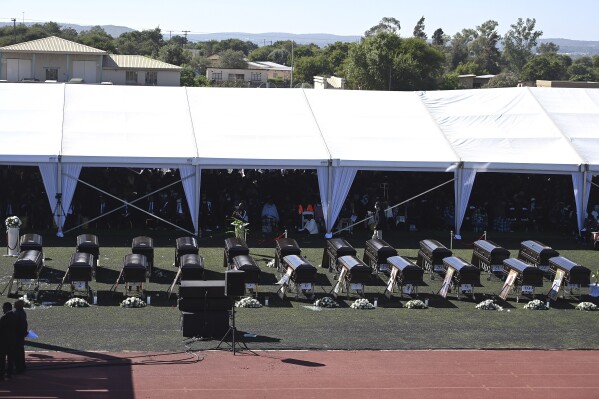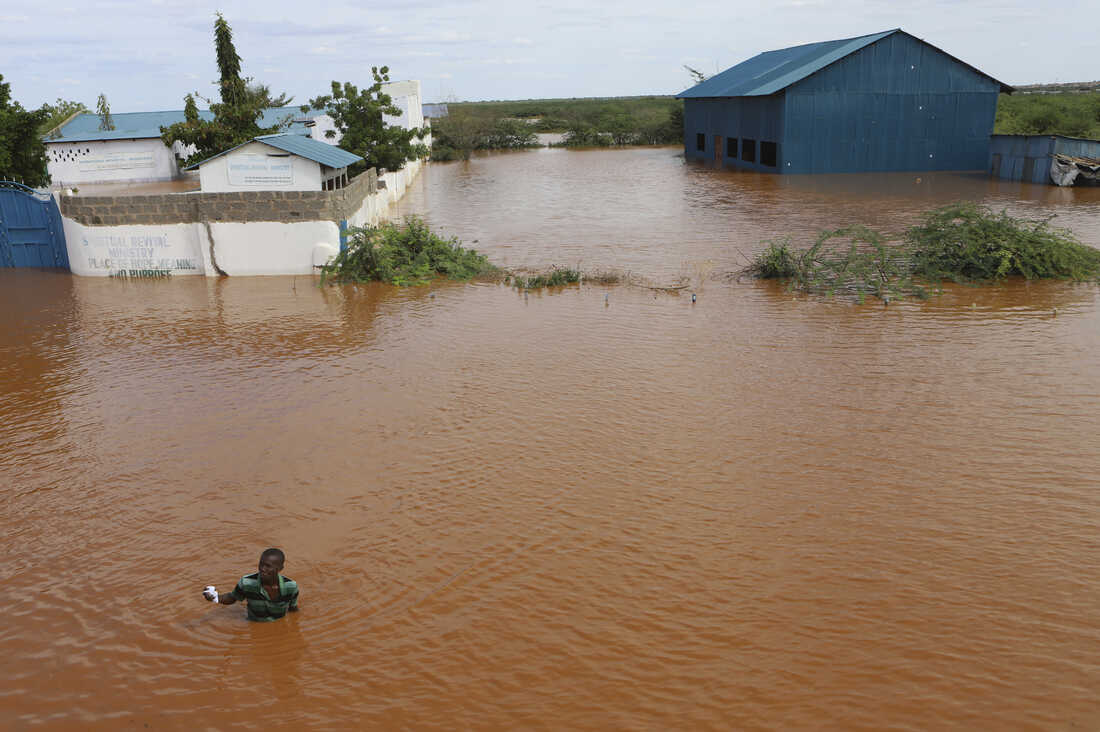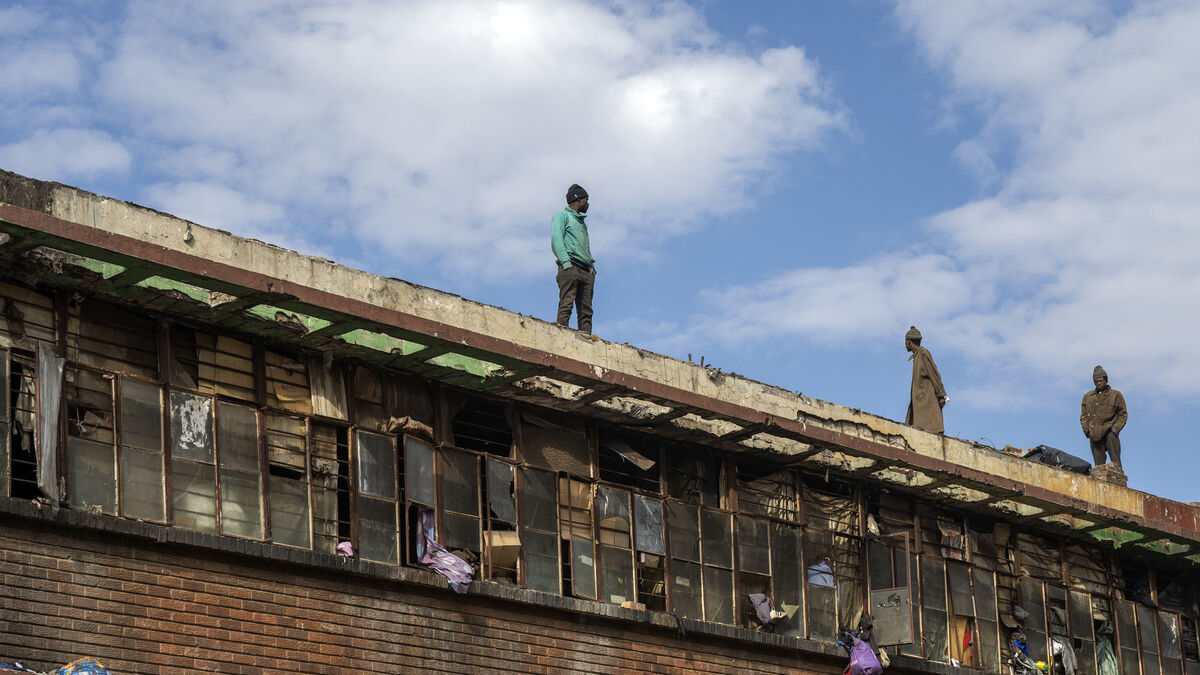HARARE – Zimbabwe has received Starlink’s application for a licence to provide satellite internet services and it is likely to be approved, information minister Jenfan Muswere said on Monday.
Muswere, who was Information Technology minister until last month, said the application is currently being reviewed by the Postal & Telecommunications Regulatory Authority of Zimbabwe (POTRAZ).
“What I remember is that they submitted their application for licencing and POTRAZ was still going through that application… Of course we want to see it approved,” Muswere said during a meeting with editorial executives of privately-owned media organisations.
“It’s not possible to have fibre-optic cables across the country. It’s a reality that we need satellite technology for communication purposes. What we want as the government is a situation where every citizen from Binga to Chiredzi is also connected. That’s what the government wants, to leave no-one behind.”
Owned by United States billionaire Elon Musk, Starlink is the satellite internet venture of SpaceX. It has a fast-growing network of more than 4,000 satellites in low earth orbit.
Starlink has rolled out services in several African countries including Mauritius, Nigeria, Rwanda, Kenya, Mozambique, Reunion, Malawi and Zambia but it still has to undergo regulatory approvals in many other countries.
On its website, it says it expects to roll out services in Zimbabwe in the last three months of the year, but this appears unlikely as POTRAZ drags its feet on granting final approvals.
Starlink is seen as a solution to lack of internet connectivity in remote parts of Zimbabwe where sparse populations make it uneconomic for mobile phone companies to install towers. The company’s technology allows broadband signals to be beamed down to earth in places where there is limited infrastructure on the ground, or it would expensive or difficult to put in.
Zimbabwe has an average internet speed of just 30 megabits per second (Mbps). By comparison, Starlink satellites can deliver internet speeds of up to 200Mbps – six times faster.
The technology is not cheap, however. In Nigeria, for instance, the Starlink kit – dish and router – and installation cost approximately US$600 upfront, with a monthly subscription fee of about US$43. The average wage for a Zimbabwean worker is just below US$200, and only a few can afford the service if non-governmental organisations and the government do not invest in the technology to bring connectivity to underserved populations.
Internet services in Zimbabwe are some of the most expensive in Africa, and many hope Starlink’s arrival will force down prices.
















